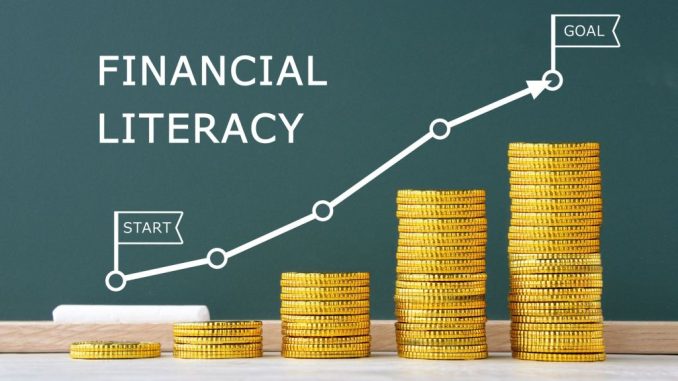
In an increasingly complex global economy, financial literacy is no longer a luxury—it is a necessity. Understanding how to manage money, make informed financial decisions, and plan for the future is critical for individuals, families, and communities seeking economic stability and prosperity. The movement for financial literacy for all is rooted in the belief that everyone, regardless of background or income level, deserves access to the knowledge and tools needed to achieve financial well-being.
What Is Financial Literacy?
Financial literacy refers to the ability to understand and effectively use various financial skills, including personal financial management, budgeting, saving, investing, and understanding credit. A financially literate individual can make informed choices that lead to long-term financial health and resilience.
At its core, financial literacy involves more than just balancing a checkbook or knowing how to apply for a credit card. It’s about developing the confidence and capability to navigate a wide range of financial challenges, from student loans and mortgages to retirement planning and emergency savings.
Why Financial Literacy Matters
-
Empowering Individuals: Knowledge is power. Financial literacy empowers individuals to take control of their finances, avoid debt traps, and make choices that align with their personal goals and values.
-
Breaking the Cycle of Poverty: For many low-income families, a lack of financial education contributes to a cycle of poverty. By teaching essential money management skills early in life, we can give the next generation the tools to break this cycle and build lasting wealth.
-
Boosting Economic Participation: Financially literate citizens are more likely to invest in the economy—through home ownership, entrepreneurship, or responsible borrowing—which in turn supports broader economic growth.
-
Reducing Financial Stress: Money-related anxiety is a leading cause of stress. Understanding how to manage money can improve mental well-being, reduce stress, and foster a greater sense of security and stability.
Key Areas of Financial Literacy
To build true financial empowerment, education efforts should focus on several key areas:
-
Budgeting and Saving: Teaching individuals how to create a budget, track expenses, and prioritize saving is fundamental to financial control.
-
Debt Management: Understanding how loans work, the implications of interest rates, and how to manage and reduce debt is essential.
-
Credit Scores: Knowing how credit scores are calculated and how they impact financial opportunities is vital for making informed borrowing decisions.
-
Investing Basics: Introducing the principles of investing, compound interest, and retirement planning can open pathways to wealth-building.
-
Financial Tools and Technology: Familiarity with digital banking, mobile budgeting apps, and online financial platforms is increasingly important in a tech-driven world.
Making Financial Literacy Accessible
To truly promote financial literacy for all, education must be accessible, inclusive, and culturally relevant. This means:
-
Integrating Financial Education into Schools: Financial literacy should be a core subject taught from a young age, just like math or science.
-
Community-Based Programs: Non-profits, community centers, and libraries can play a pivotal role in offering free or low-cost financial workshops and resources.
-
Leveraging Technology: Online courses, mobile apps, and interactive tools can make financial education more engaging and scalable.
-
Workplace Initiatives: Employers can support financial wellness by offering training programs, access to financial advisors, or benefits like retirement planning assistance.
A Collective Responsibility
Building a financially literate society is not the responsibility of individuals alone. It requires collaboration among governments, educators, financial institutions, businesses, and community organizations. Policymakers can support this mission by mandating financial education in schools, promoting fair lending practices, and funding outreach programs in underserved communities.
Conclusion
Financial literacy is a cornerstone of economic empowerment. When people understand how money works and how to manage it effectively, they are better equipped to make decisions that improve their quality of life. By making financial literacy a universal right rather than a privilege, we can build a more inclusive and resilient economy—one in which everyone has the opportunity to thrive.